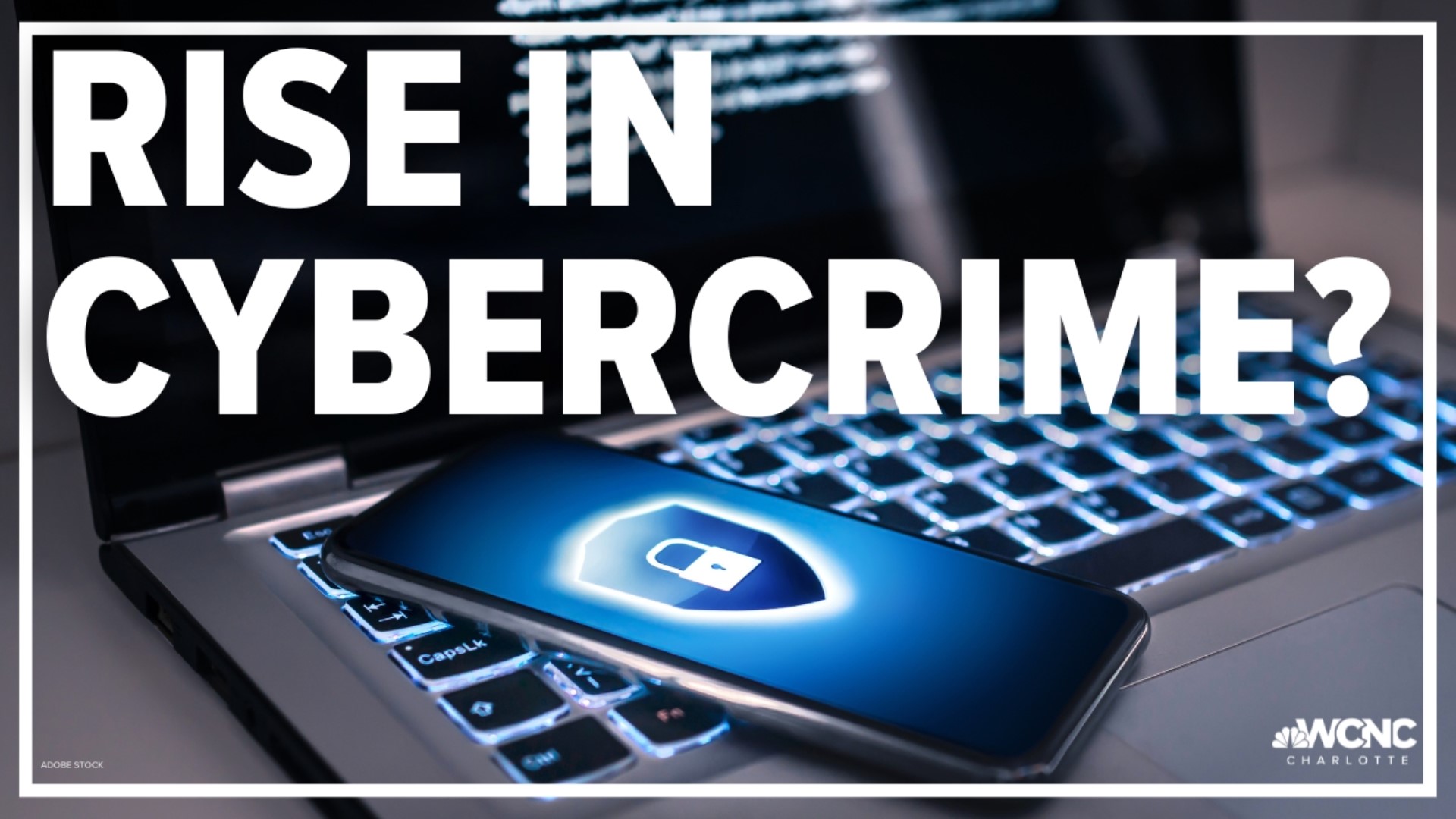RALEIGH, N.C. — It's no secret that online scams have been around for a while.
But new data from the Federal Bureau of Investigation and Federal Trade Commission shows that victims are being conned out of more cash than ever before.
Social Catfish, a company dedicated to preventing online scams through reverse-search technology, recently conducted a State of Internet Scams 2022 study which shows $6.9 billion was lost to online scams in 2021, up from $3.5 billion in 2019.
The data found that 10,363 North Carolinians lost a total of $99.1 million last year. The data showed the average North Carolina victim was tricked out of $8,821 a piece last year.
When it comes to South Carolina, 5,426 residents there lost $49.5 million in 2021, which equates to every victim losing about $7,882 last year.
Red flags include an urgent intent, poor grammar, refusing to video chat, working overseas or asking to be paid in gift cards or cryptocurrency.
Even tech-savvy teens in the last five years saw a 1,125% increase in money lost, in part, due to online gaming. That's the highest increase of any age group, surpassing seniors who saw a 390% increase during the same period.
College-educated and lower-class Americans mostly fall victim to romance scams. But it's cryptocurrency and investment scams that are skyrocketing. The data shows a record $1.6 billion was lost to cryptocurrency scams in 2021 - a nearly seven-fold increase from 2020.
Tip to avoid becoming a victim of a scam
Emotional appeal - Any pitch that ratchets up your emotion will inhibit your rational judgment.
Sense of urgency - You MUST act now, or else.
Request for unorthodox payment - Gift cards, prepaid credit cards, wire transfers, etc.
Explanations that don't ring true - If your new “landlord” can’t show you the inside of the house, that could be because they don’t own it.
You won, now pay up - It’s not a prize if you have to pay for it. Taxes, fees, shipping, whatever.
Too good to be true - That’s because it’s not true. Sorry, your long-lost relative didn’t die, leaving you millions. That car you bought online for a third of its Kelly Blue Book value doesn’t really exist. The son of a billionaire diamond broker didn’t “swipe right” on you and fall instantly in love. That work-at-home job paying you hundreds of dollars an hour for stuffing envelopes isn’t real.
WCNC Charlotte is always asking "where's the money?" If you need help, reach out to WCNC Charlotte by emailing money@wcnc.com.

